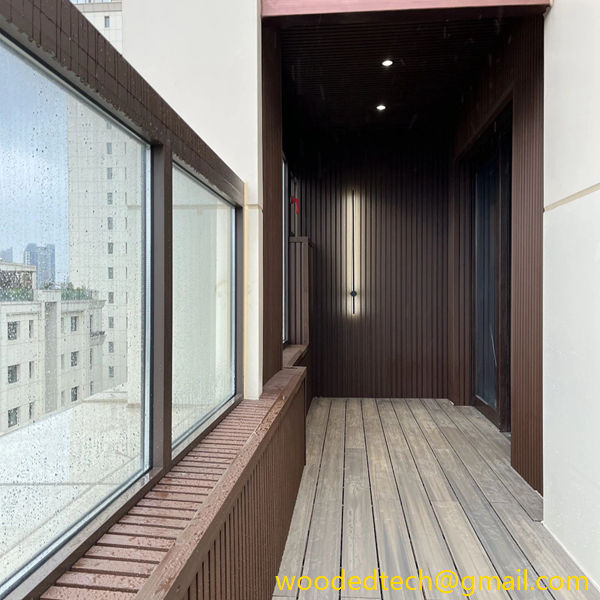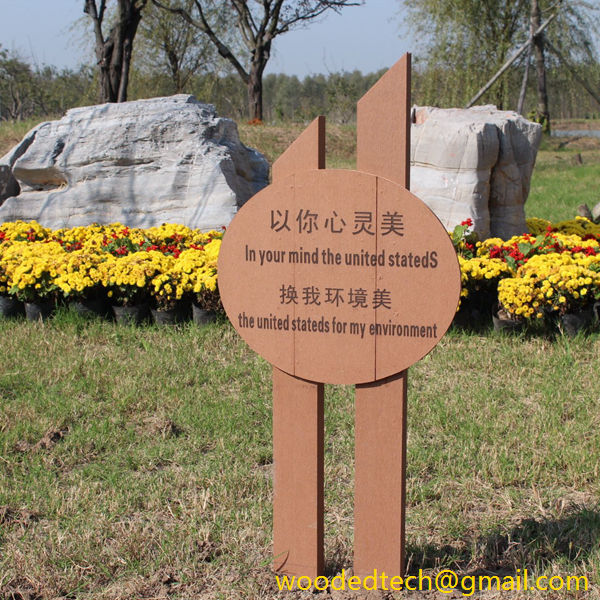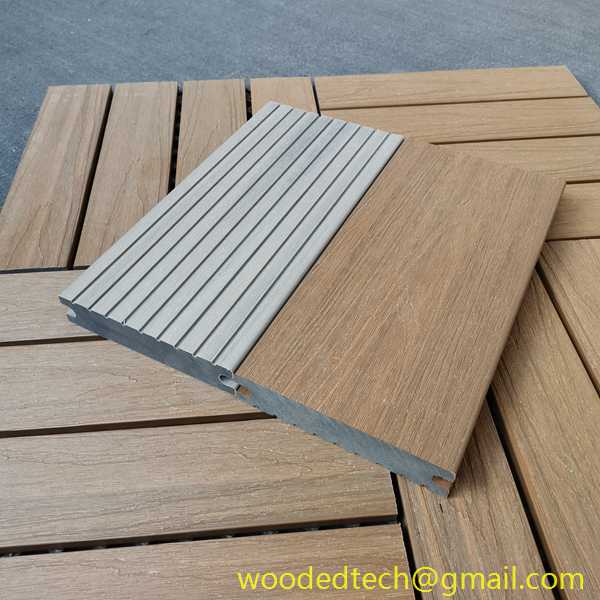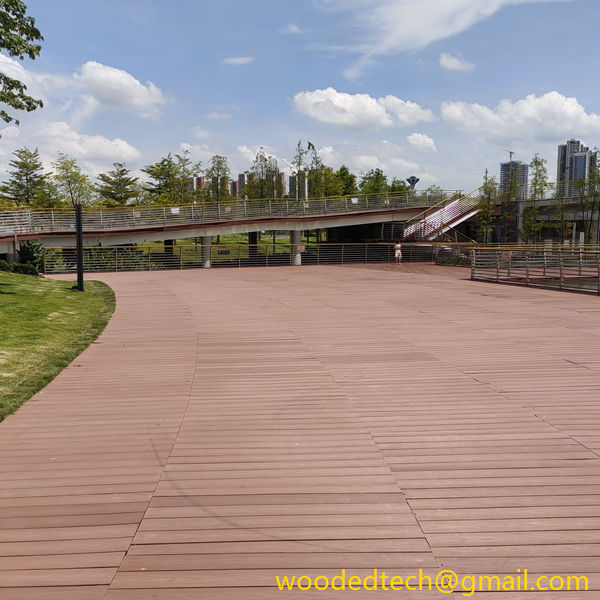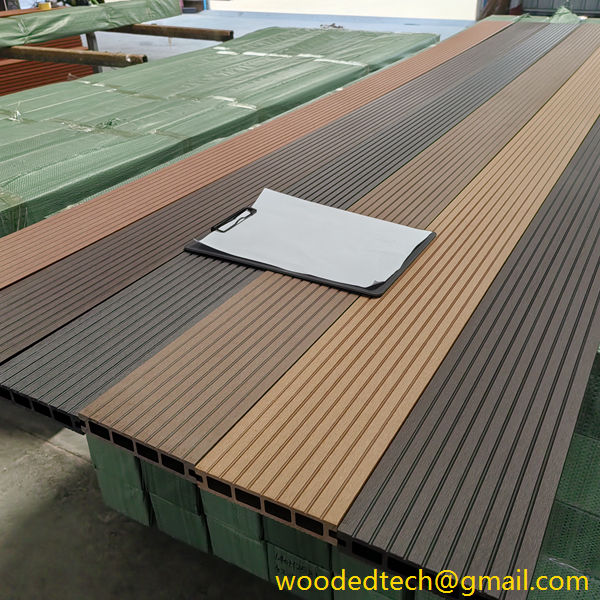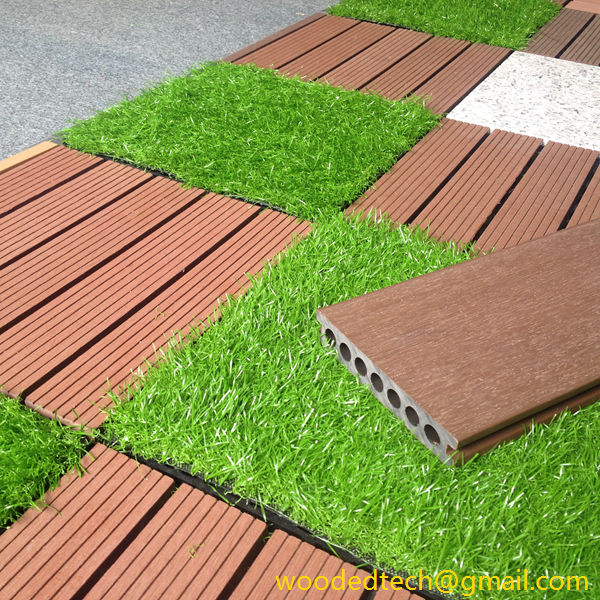What Does WPC Decking Mean and Its Advantages for Homeowners
WPC decking, or wood-plastic composite decking, is a popular choice among homeowners looking to enhance their outdoor spaces. This material is made from a blend of wood fibers and plastic, resulting in a product that combines the aesthetic appeal of natural wood with the durability and low maintenance characteristics of synthetic materials. Understanding what WPC decking means and its advantages can significantly inform homeowners’ decisions when it comes to installation and maintenance.
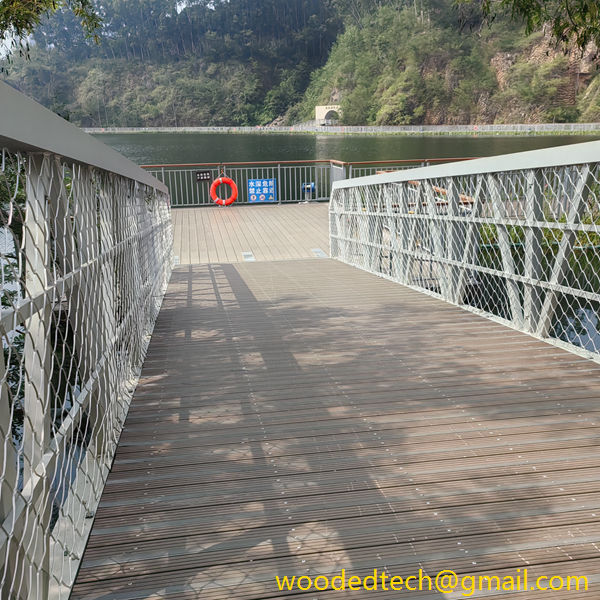 One of the primary advantages of WPC decking is its durability. Unlike traditional wood, which can be susceptible to rot, splintering, and insect damage, WPC decking is engineered to withstand harsh environmental conditions. It is resistant to moisture, which makes it an ideal choice for areas that experience heavy rainfall or high humidity. Additionally, WPC decking does not warp or swell like wood, ensuring that it maintains its structural integrity over time.
One of the primary advantages of WPC decking is its durability. Unlike traditional wood, which can be susceptible to rot, splintering, and insect damage, WPC decking is engineered to withstand harsh environmental conditions. It is resistant to moisture, which makes it an ideal choice for areas that experience heavy rainfall or high humidity. Additionally, WPC decking does not warp or swell like wood, ensuring that it maintains its structural integrity over time.
From an installation perspective, WPC decking is relatively straightforward. Many manufacturers offer pre-grooved boards that allow for easy installation using hidden fasteners, resulting in a clean and seamless appearance. This feature not only enhances the aesthetic appeal of the deck but also minimizes the risk of tripping hazards associated with protruding nails or screws. Furthermore, the lightweight nature of WPC boards simplifies the transportation and handling process during installation.
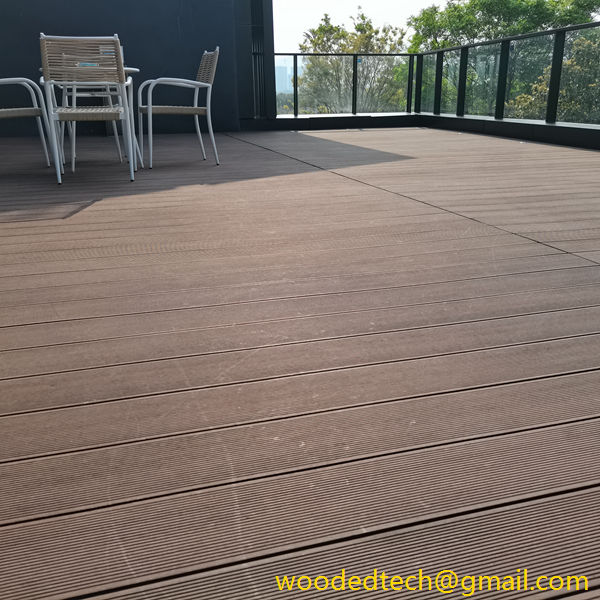
Another significant advantage of WPC decking is its low maintenance requirement. Traditional wood decking often necessitates regular maintenance, including staining, sealing, and painting, to protect it from the elements. In contrast, WPC decking requires minimal upkeep. A simple wash with soap and water is usually sufficient to keep it looking fresh and clean. This ease of maintenance can be particularly appealing for busy homeowners who may not have the time or resources to dedicate to extensive deck care.
WPC decking is also highly customizable. It is available in a variety of colors, textures, and finishes, allowing homeowners to choose a style that complements their existing outdoor decor. This versatility enables homeowners to create a personalized outdoor space that reflects their taste and lifestyle. Additionally, some manufacturers offer options that mimic the appearance of natural wood, providing the best of both worlds: the beauty of wood without the associated challenges.
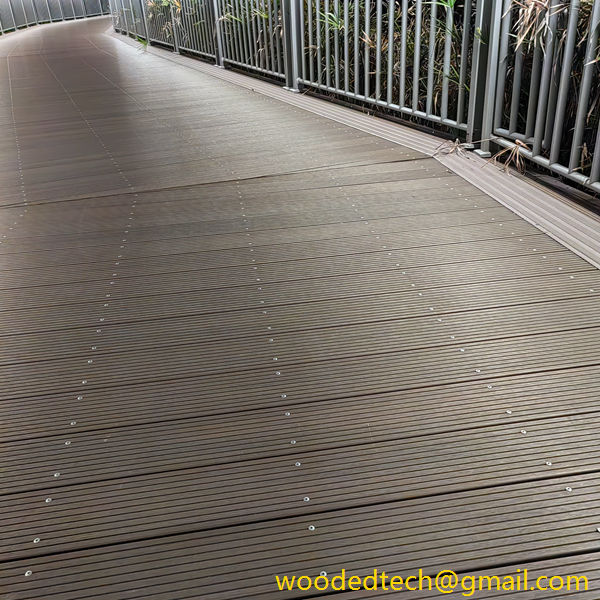
When considering the environmental impact, WPC decking has its advantages as well. Many products are made from recycled materials, including reclaimed wood fibers and recycled plastic. This not only reduces waste but also contributes to a more sustainable building practice. Homeowners who are environmentally conscious can take comfort in knowing that choosing WPC decking is a step toward reducing their ecological footprint.
Another factor that homeowners should consider is the cost-effectiveness of WPC decking. While the initial investment may be higher than traditional wood, the long-term savings on maintenance and replacement costs often make it a more economical choice. The durability and longevity of WPC decking mean that homeowners are less likely to face the frequent repairs or replacements associated with traditional wood decks. This can lead to significant savings over time, making WPC an attractive option for budget-conscious homeowners.
Safety is another important aspect to consider when choosing decking material. WPC decking is often designed with slip-resistant surfaces, making it a safer option for families, especially those with children or elderly members. The smooth finish of WPC boards reduces the likelihood of splinters and injuries, providing peace of mind for homeowners when hosting gatherings or family activities.
In terms of installation, it is crucial for homeowners to follow the manufacturer’s guidelines to ensure a successful project. Proper installation techniques, including correct spacing and support structures, can greatly affect the performance and lifespan of the deck. Homeowners who are not comfortable with DIY projects may want to consider hiring a professional for installation. This investment in professional expertise can ensure that the deck is installed correctly and meets all safety standards.
In conclusion, WPC decking offers a multitude of advantages for homeowners, making it an appealing choice for enhancing outdoor living spaces. Its durability, low maintenance requirements, customization options, and safety features position it as a superior alternative to traditional wood decking. While the upfront cost may be higher, the long-term benefits and environmental considerations make WPC decking a wise investment for those looking to create a beautiful and functional outdoor area. By understanding the implications of installation and maintenance, homeowners can make informed decisions that will enhance their outdoor experience for years to come.

